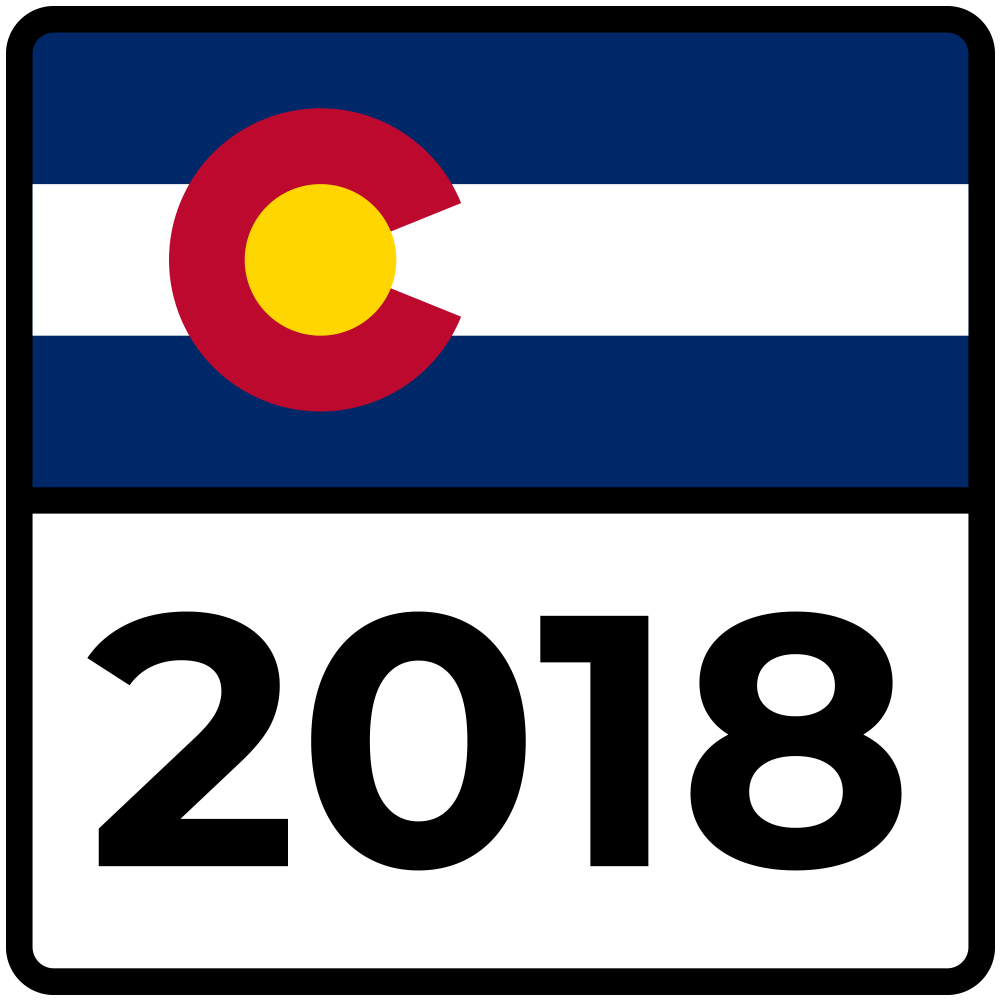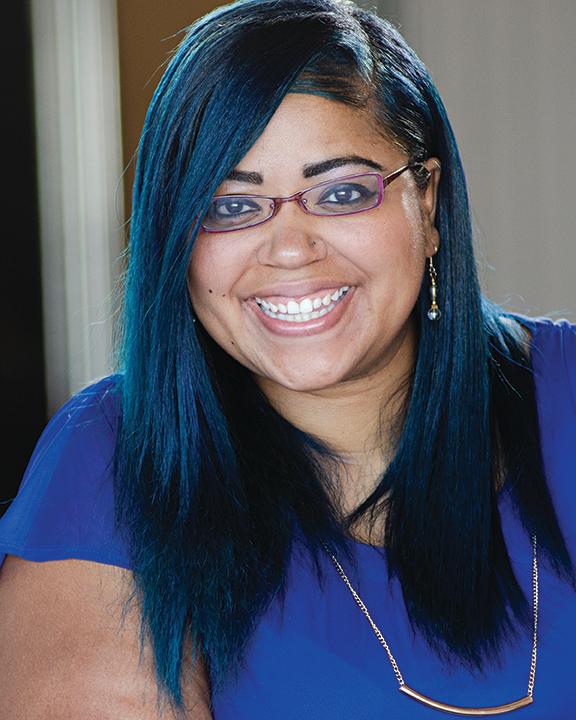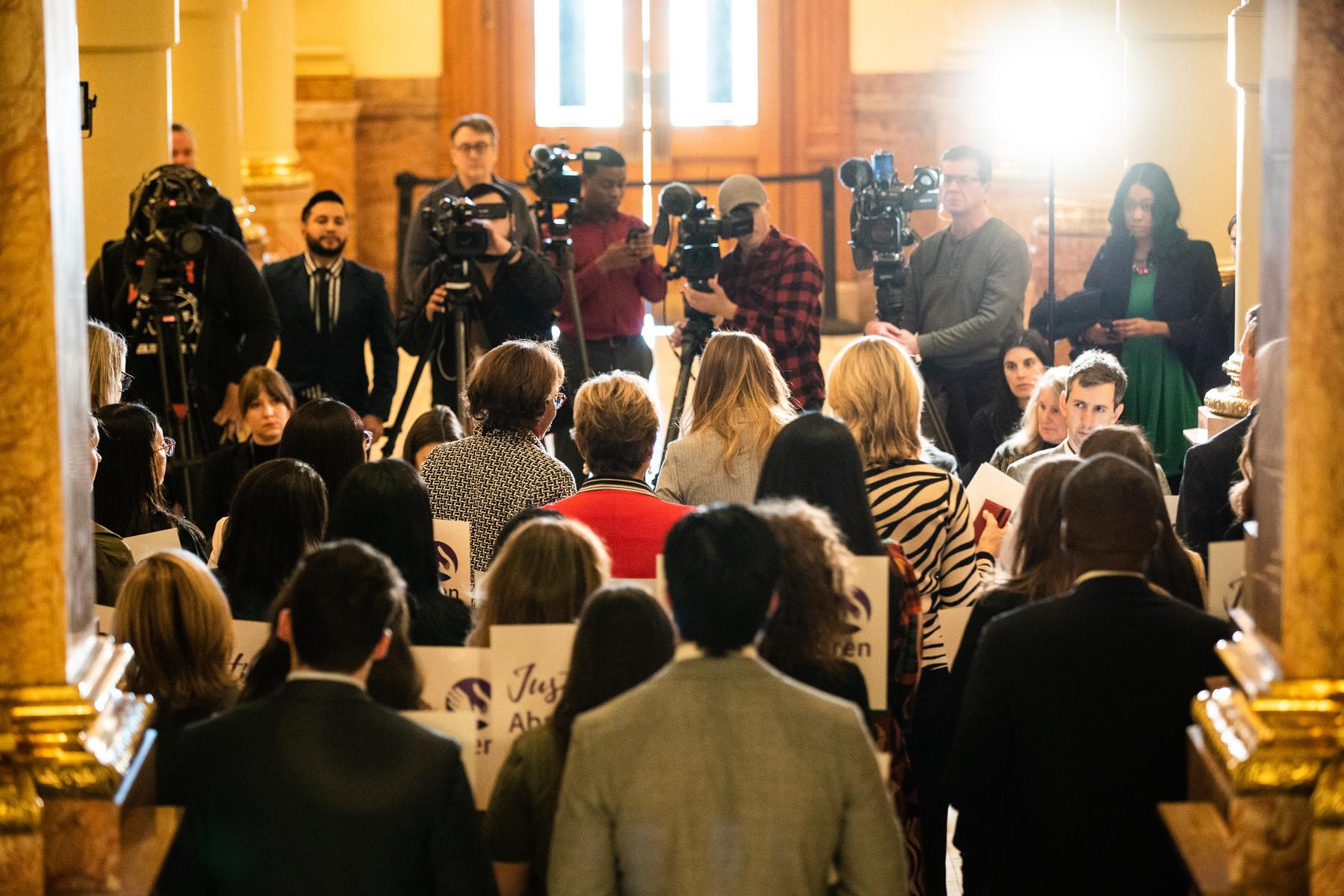
Amendments Y and Z would allow independent commissions to draw electoral districts for legislators and members of Congress.
There are two amendments because redistricting unfolds every decade on two fronts: congressional districts and state legislative districts. Amendment Y would create a commission to redraw congressional boundaries after the 2020 census; Amendment Z would do the same for state legislative redistricting.
Currently the Colorado Reapportionment Commission handles the drawing of new legislative districts. The current commission has 11 members who are appointed by legislative leaders, the governor, and the chief justice of the Colorado Supreme Court. Up to six of the 11 members may be affiliated with the same political party. The legislature itself currently draws congressional districts.
Under Amendments Y and Z, newly created 12-member commissions would approve new districts. They would be equally divided between unaffiliated voters and the state's largest political parties-- currently Democratic and Republican.
Both 12-member commissions would have four Republicans, four Democrats and four unaffiliated voters. A lottery system would be used alongside a panel of retired judges to pick commission members. For any revisions to pass, a super majority of eight commission members with at least two unaffiliated voters is needed.
Proponents, including Fair Maps Colorado, argue that this measure will take politics and partisanship out of redistricting, increase transparency and give unaffiliated voters a seat at the table.
Opponents believe that the selection process of commission members would diminish accountability to voters because they wouldn't be elected. This random selection process could also prevent individuals with important experience and knowledge from becoming commissioners.
The measure would change the state constitution, and under new rules passed by voters in 2016, needs 55 percent of votes to pass.









